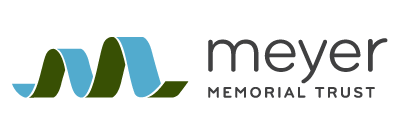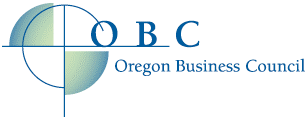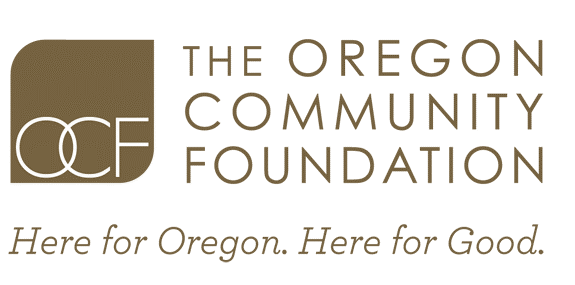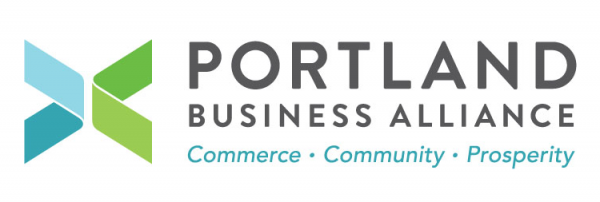In March 2016, the Workforce Diversity Project finished conducting surveys and interviews to better understand how job seekers, including English Language Learners (ELL), look for work and how employers recruit for open positions.
Job seekers
To gain the broadest understanding possible, researchers worked with community representatives to conduct a survey in nine languages, including Arabic, Chinese, English, French, Persian, Russian, Spanish, Swahili, and Vietnamese. In total, 547 paper and online surveys were returned.
Researchers also interviewed 165 individuals from 10 communities of color, including individuals of African, African American, Bhutanese, Chinese, Latino-Mexican, Middle Eastern, Native American, Pacific Islander, Slavic, and Vietnamese descent. Researchers learned that among non-ELL participants, the top five challenges in finding living-wage jobs were:
ELL participants reported the top five challenges in finding living-wage jobs were:
Employers
Researchers also connected with 18 employers within the three business sectors, unions, and staffing agencies. They asked how recruiters find candidates from communities of color and what, if any, changes they implemented to attract individuals from the region’s increasingly diverse workforce. Many organizations focused on hiring a more diverse workforce, but did not know the best ways to recruit in these communities. With limited resources, many used traditional methods to recruit, such as posting ads in ethnic newspapers or sending job openings to community advocacy organizations that do not focus on workforce development. These efforts did not always capture the attention of diverse community members who were eligible.






